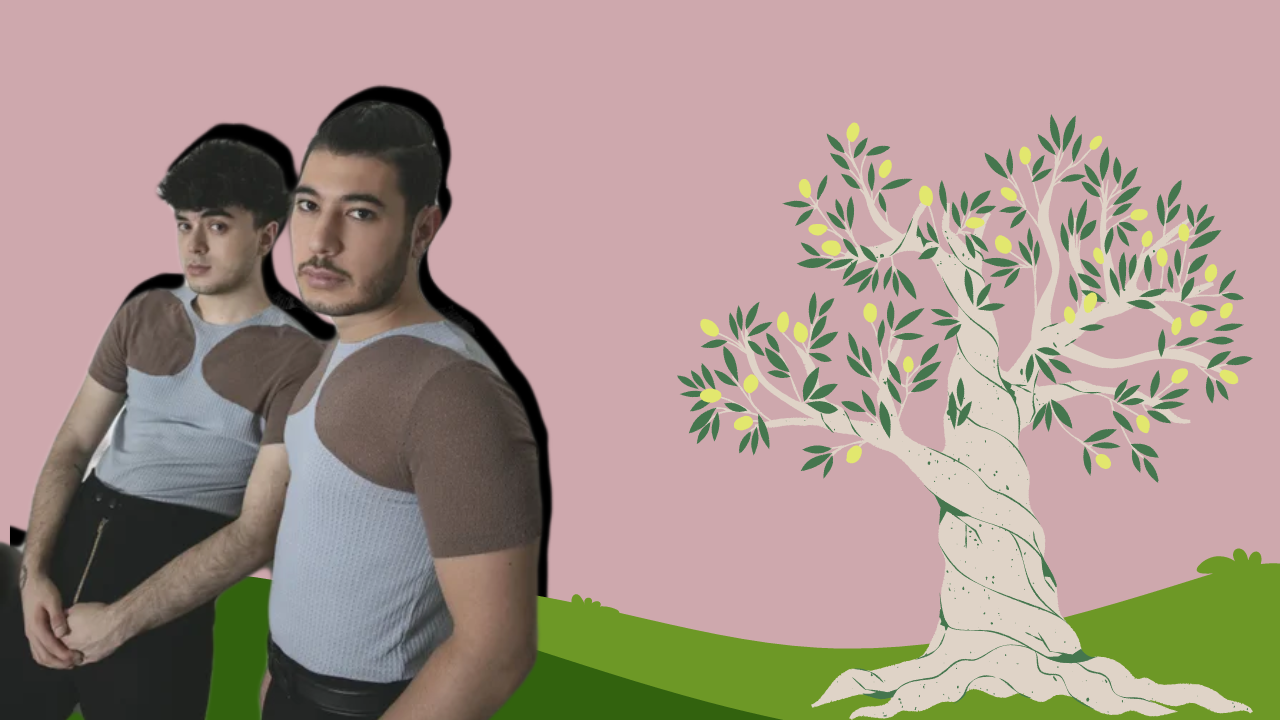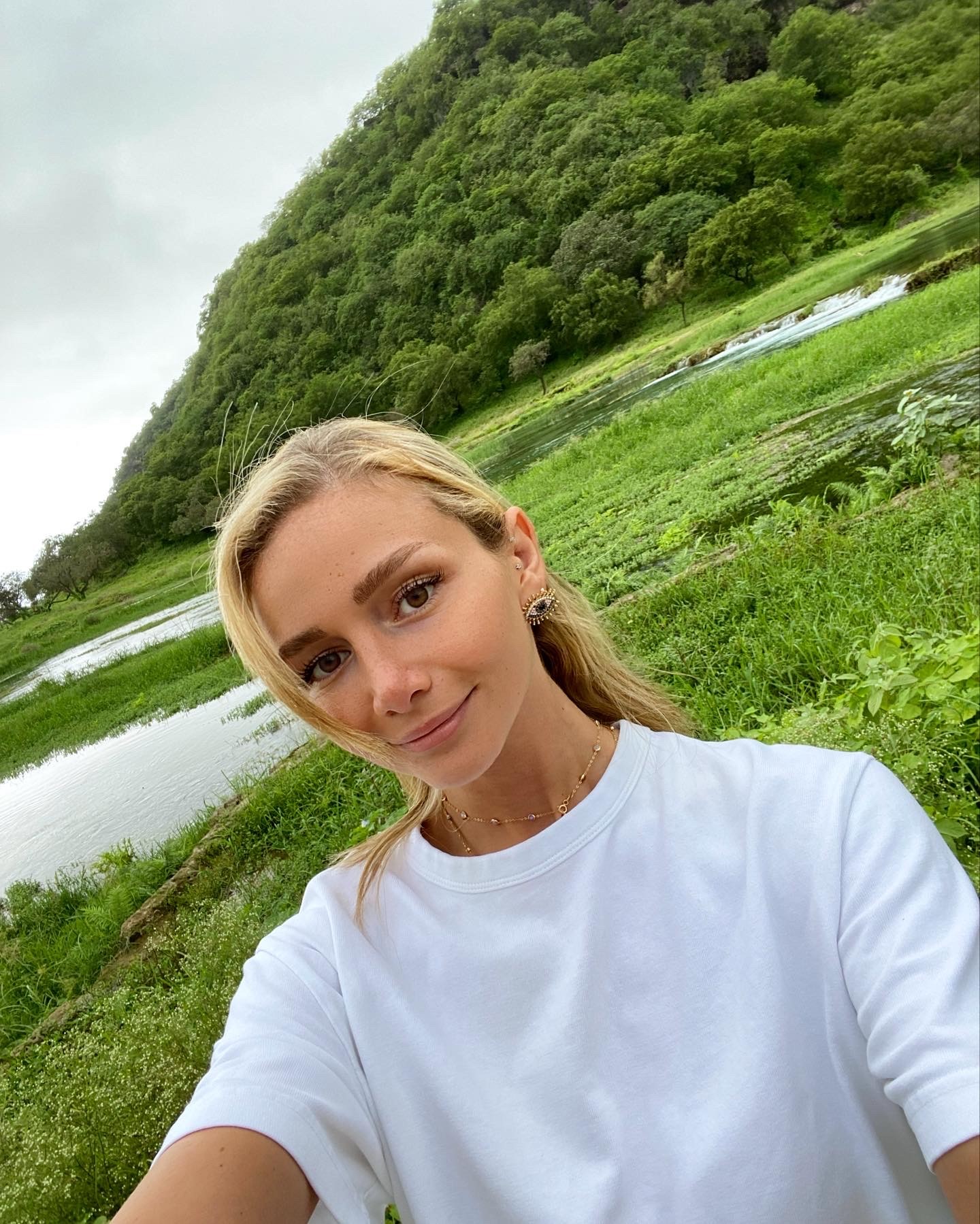Newsfeed

For GRAZIA’s second episode on season two of Preserving Palestine, I invited Shukri Lawrence to join me as we discuss how he and his business partner, Omar Braika, are sharing essential and meaningful stories through their ready-to-wear label, Trashy Clothing.
Click here to listen on Spotify.
Click here to listen on Apple Podcasts.
Ever drove around the old streets of Amman, Beirut or Dammam and spotted dodgy old boutiques with hand-painted store names like “The Elegant Lady,” or “Classy Couture?” Well, Trashy Clothing is reclaiming the idea of what is elegant and what is couture, with their anti-luxury, luxury offering. “With Trashy Clothing, we were thinking, why is it that Paris, Milan and New York are the fashion capitals? Why do they dictate what fashion is? We wanted to start from zero,” Shukri explains. They decided, right then and there, that there would be “no standards, there’s no rules, you can make your own rules,” and thus, Trashy Clothing was born with the name inspired by those very dodgy and old boutiques.
Founded in 2018, Trashy Clothing has been defying stereotypes and breaking down socio-political barriers one collection at a time. But that wasn’t Shukri’s plan just a few years ago. “I was born and raised in Jerusalem,” he tells me with a prideful smile across his face. “I decided to study filmmaking. But when I came to Amman and we met each other, we had a similar background, because Omar also studied TV and media. But both of us were very much into fashion,” he continues. “So we talked about the state of fashion right now and shared our interests. And then we came up together with an idea of starting a label that is a satirical label, a satirical take on the fashion world.” And the rest was history.
With a collaboration with GmbH, dressing Bella Hadid and being included in Dazed100’s 2022 list all under their belt, it’s clear that their witty and kitsch take on the luxury industry is working. What’s most interesting about the brand, is their approach to story-telling through their work. Not only do they incorporate tradition through word of mouth, but they even use their own experiences to influence their work and inspire them.
“My friends and I, when we walk in the streets in Jerusalem, we would get random searches by soldiers,” Shukri shares. “They would undress and touch our bodies without our consent, and so the ‘Inspection’ trousers that we made, had an open zipper. So the wearer can reclaim that consent of undressing. You can decide when you want to undress yourself instead of losing that consent.”
Whereas some people may take to the streets to protest against the occupation, Shukri and Omar are protesting in their own unique way. And whilst Shukri admits that creating their brand was in some way a reaction to the pain and suffering that they and other Palestinians have endured, when asked what Trashy Clothing would look like if Palestine had never been occupied, he says “maybe it could be a celebration of culture and a celebration of stories.” It seems that even with a Free Palestine, Trashy Clothing would still be inspired by the country the designers call their home.









